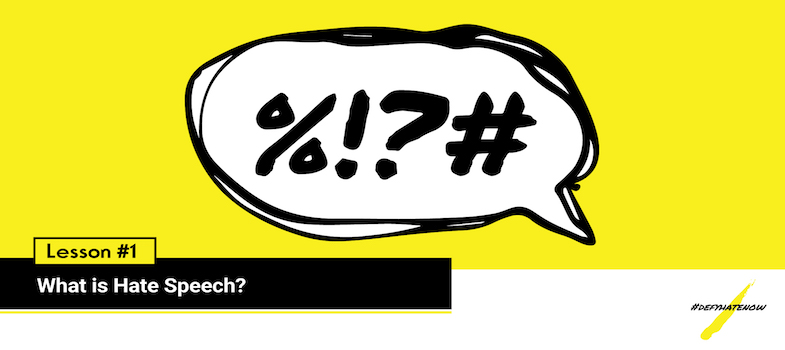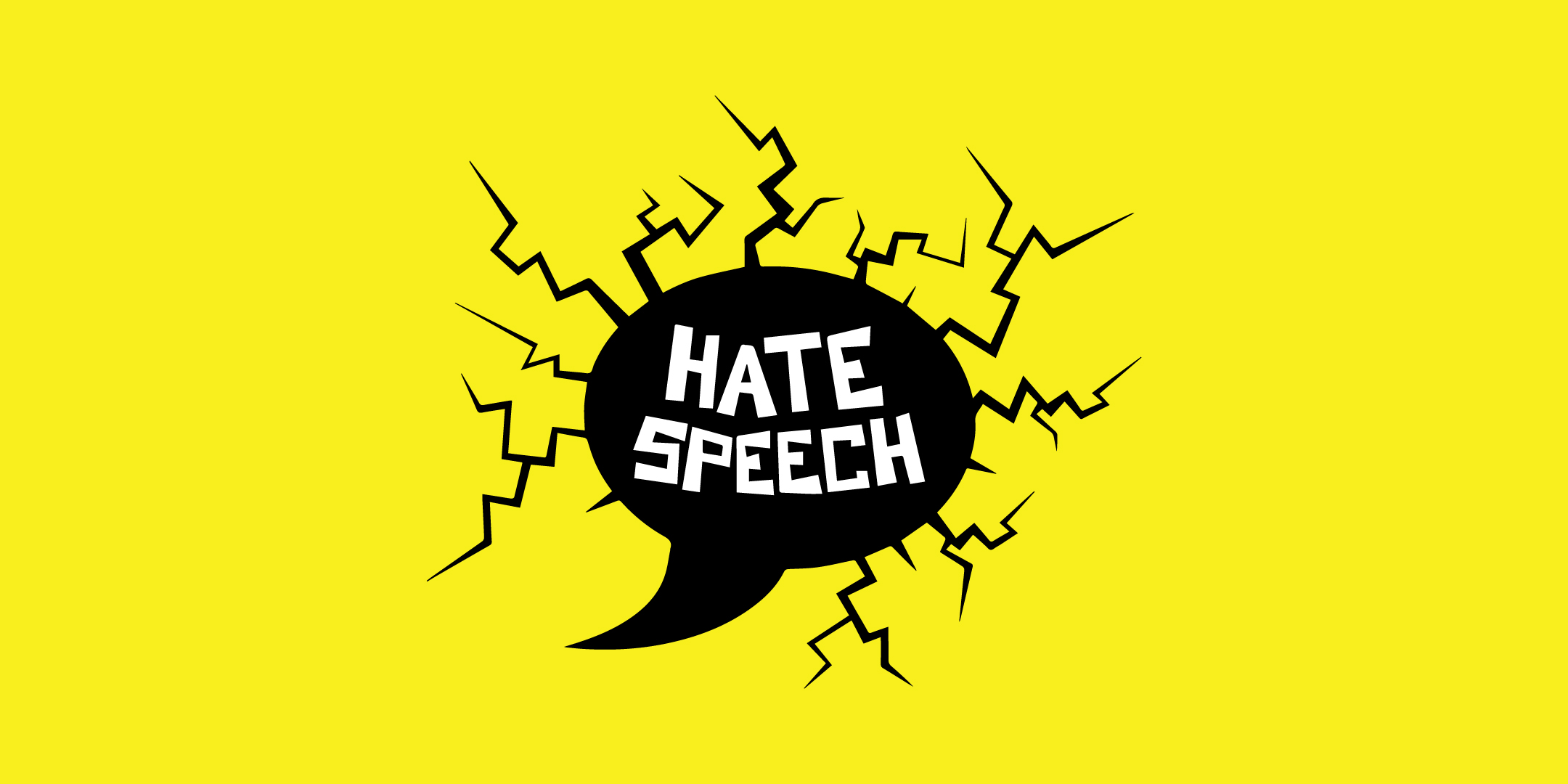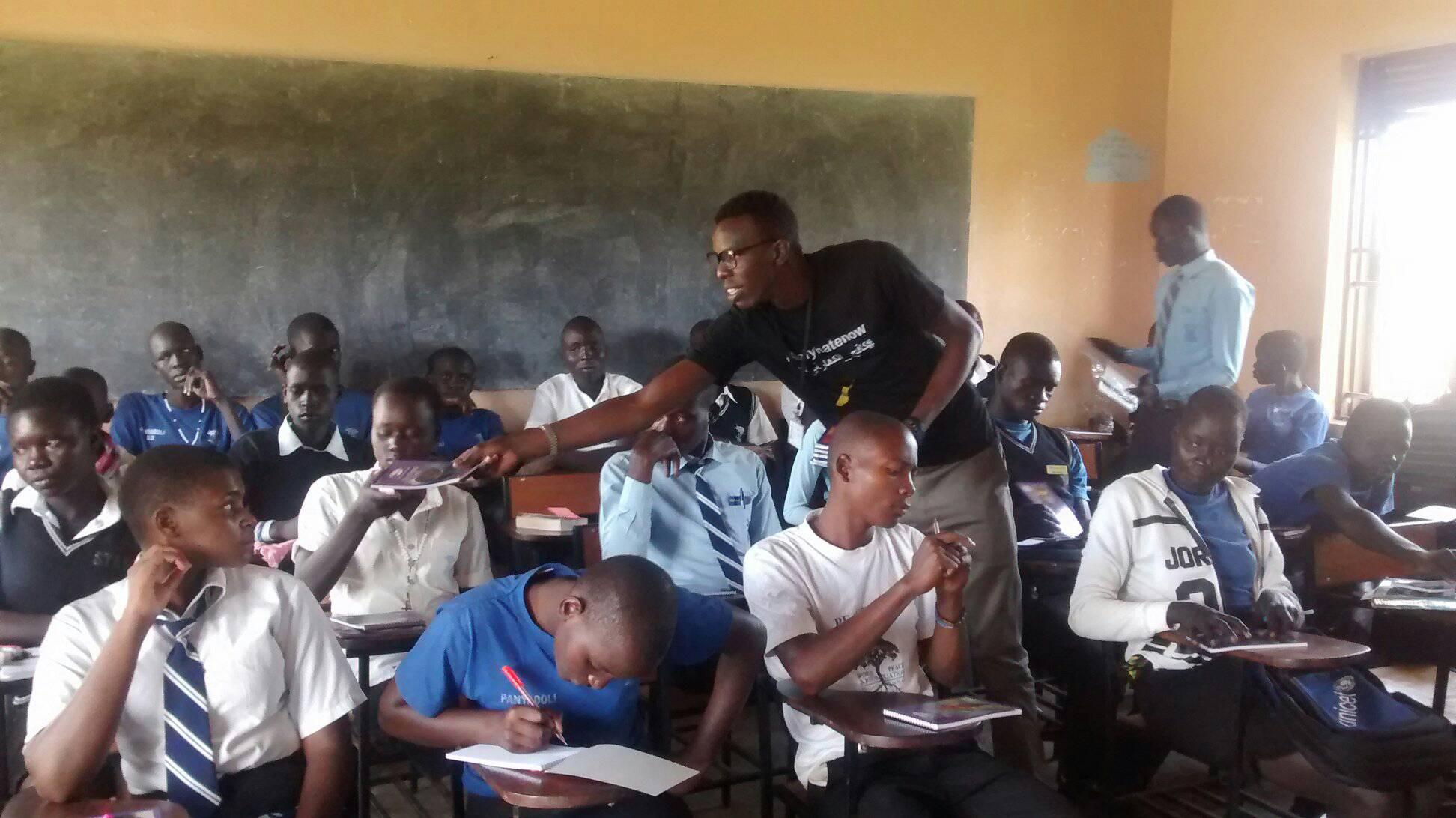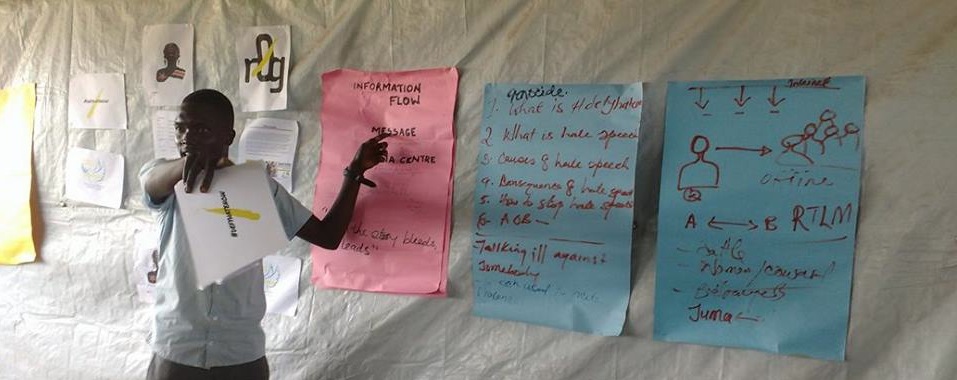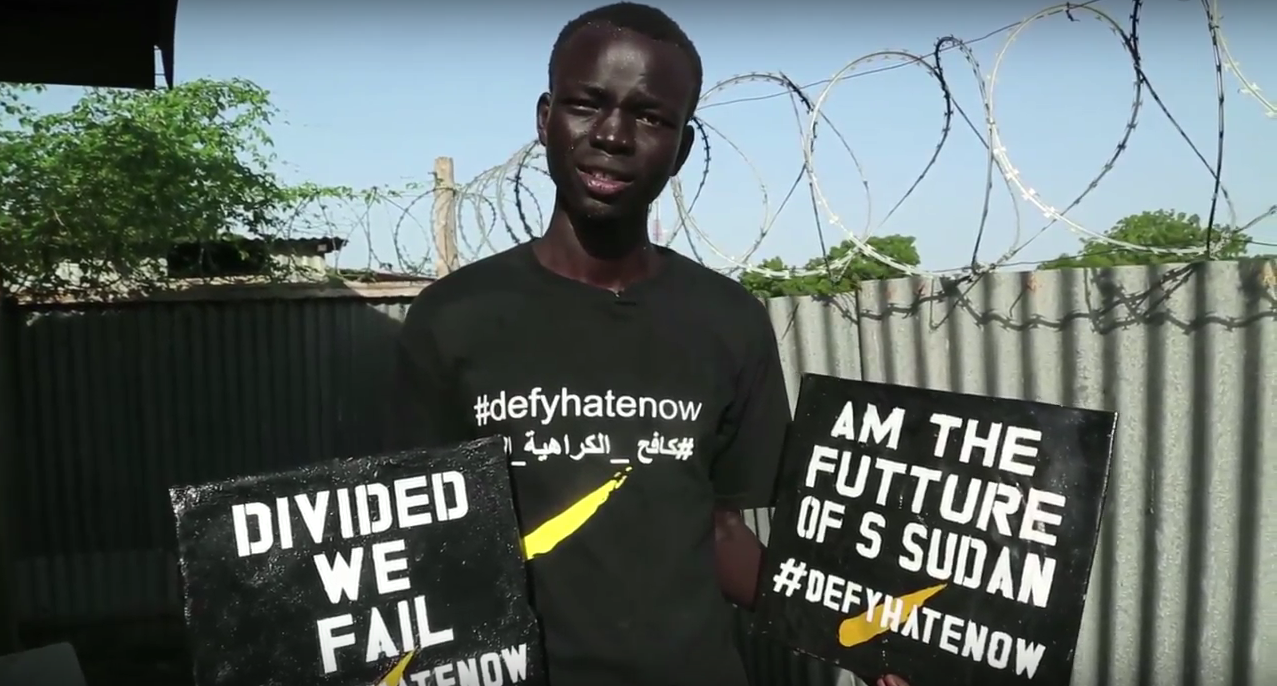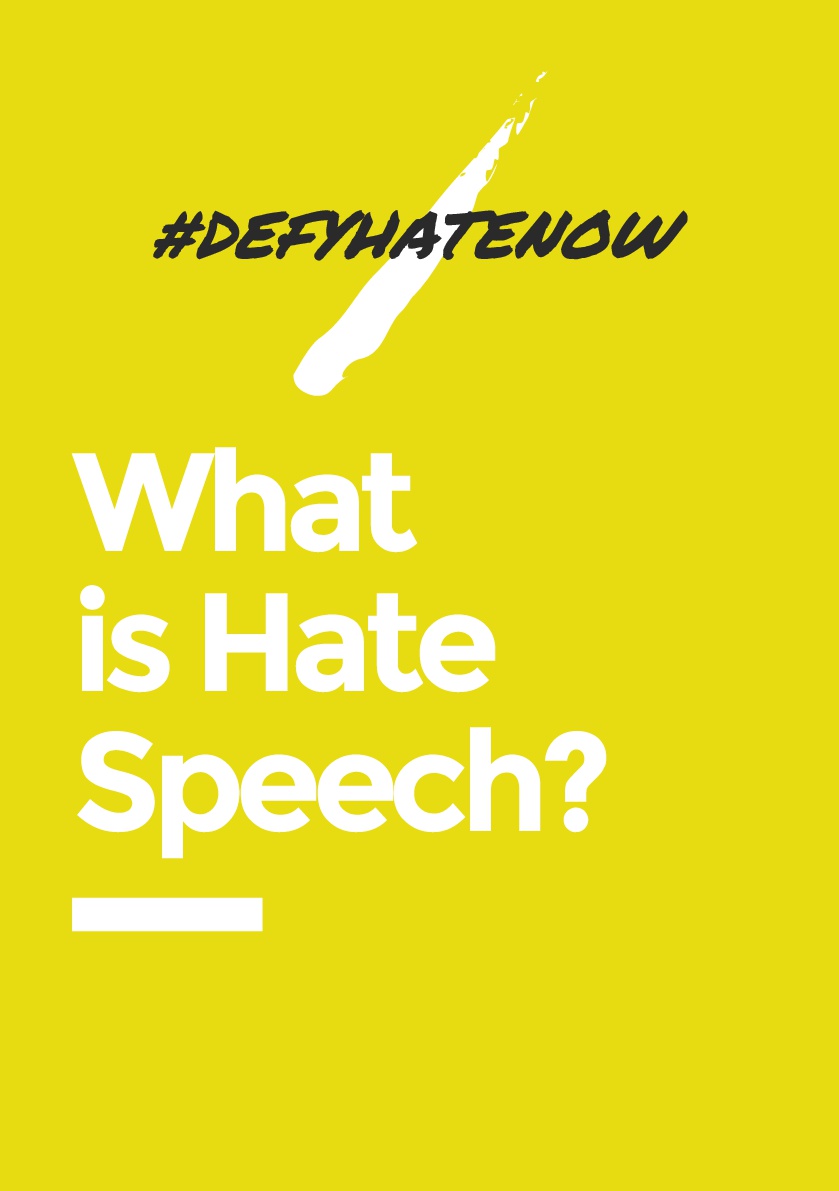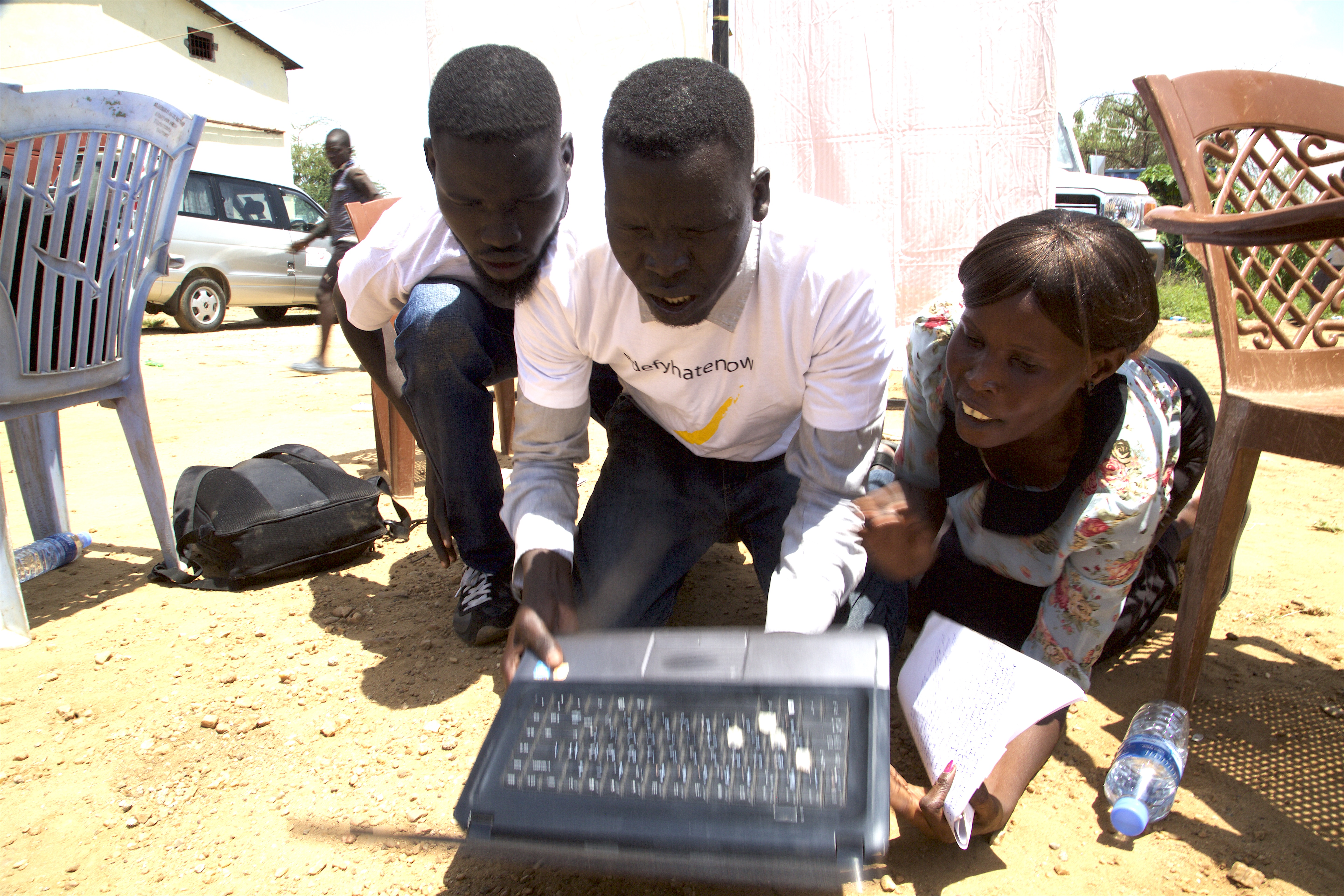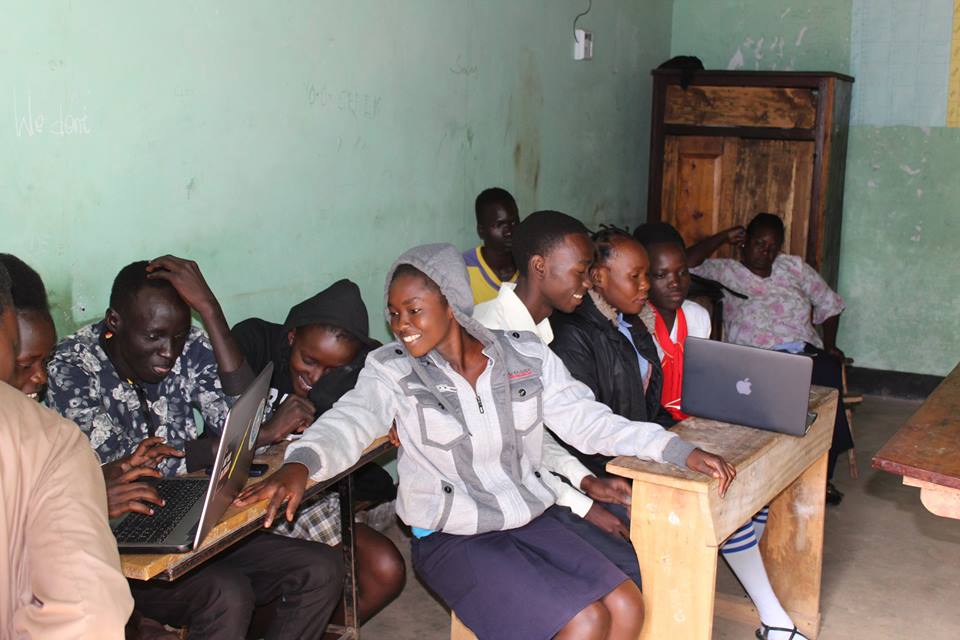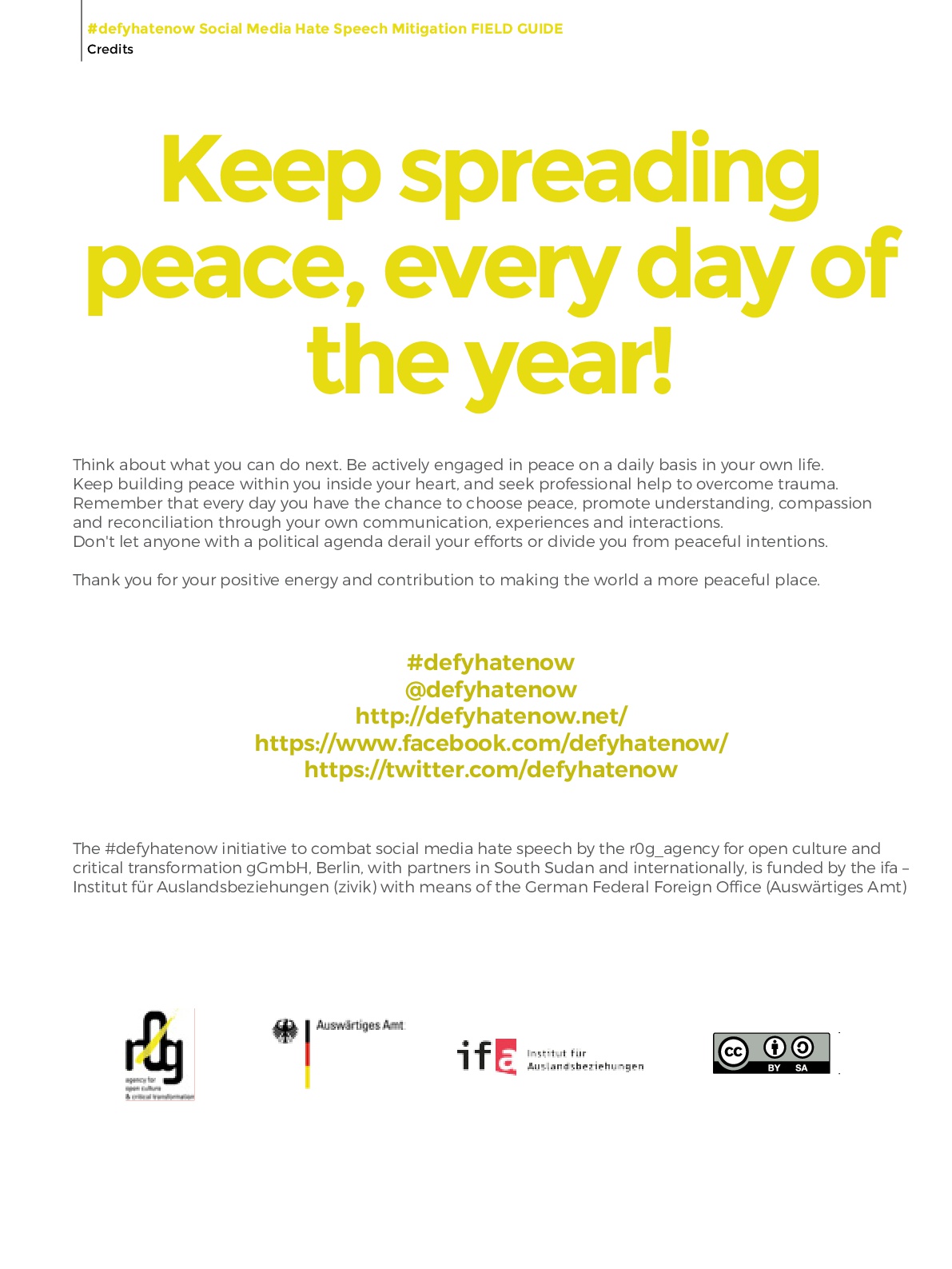-
What is Hate Speech exactly?
-
Please start with this article for an overview of the various issues around hate speech.
In broad terms, hate speech is a communication that denigrates people on the basis of their membership of a particular group. This can include any form of expression, such as images, plays, and songs, as well as speech.
Some definitions even extend the concept of hate speech to include communications that foster a climate of prejudice and intolerance – the thinking here is that these kinds of communications may fuel discrimination, hostility and violent attacks later on.
What about online hate speech?
Hate speech often shows up online, especially on social media. Facebook, Twitter and Google each has its own specific definition of hate speech and their approaches to dealing with it are evolving.
-
KEY POINTS FOR DISCUSSION
In the comments, briefly introduce yourself and write the main points of your understanding or of hate speech, based on your own experiences and the above definitions. Read the outline of contributing factors and effects below and reflect on these where relevant in your discussion.
-
Definitions & Guidelines
-
Hate Speech Guidelines on Social Media & the UN, Broadcasting Complaints Commission of South Africa and European Court of Human Rights.
Hard Questions: Who Should Decide What Is Hate Speech in an Online Global Community?
-
Hate Speech Explained, A Toolkit
Article 19, 2015 CC-BY-SA.
Course Overview
#DEFYHATENOW: HOW TO IDENTIFY & REPORT HATE SPEECH ONLINE
The
#defyhatenow Social Media Hate Speech Mitigation course on How to
Identify & Report Hate Speech Online is aimed at people who want to
have a positive impact on their communities through developing social
media skills to become a positive influencer. The course supports those
working as individuals or in collaboration with youth, civil society,
peace-builder and media organizations, international agencies, community groups
and schools.
The course offers practical hands-on information to
understand, identify, counter and report hate speech and dangerous
speech online.
What you will learn in this course:
- The guidelines and definitions of hate speech on different platforms
- Main concepts of how social media is used to spread hate speech
- Differences between propaganda, hate speech and incitement to violence
- Knowledge on how to identify online Hate Speech in various contexts
- Share and reflect on your own experiences of dangerous speech and how to counteract it
- A step-by-step guide on how to report hate & dangerous speech on social media
- Find the resources to continue learning after the course is completed
Course Activities Required for Successful Completion
- Read through the articles, guidelines and definitions
- Watch all video content
- Contribute to the online discussion with fellow students
- Read closely and in detail all the lesson information
- Finish and submit all exercises, quizzes and tests
- To complete the course successfully, plan to spend around 2 hours on each lesson
Prerequisite Knowledge & Skills
- Computer Literacy
- Basic knowledge of Social Media
- Community engagement, leadership and capacity to moderate discussions
